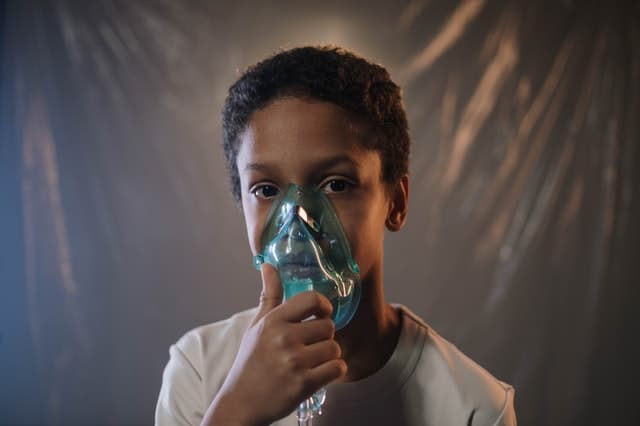Administering the use of MEDICATION is largely confined to relieving general aches and pains. It usually involves helping a casualty to take his own painkillers.
A variety of medications can be bought without a doctor’s prescription. However, you must not buy or borrow medication to administer to a casualty yourself.
If you administer or advise taking, any medication other than that stipulated in this website, the casualty may be put at risk, and you could face legal action as a consequence. Whenever a casualty takes medication, it is essential to make sure that;
- It is appropriate to the condition;
- It is not out of date;
- It is taken as advised;
- Any precautions are strictly followed;
- The recommended dose is not exceeded;
- You keep a record of the name and dose of the medication as well as the time and method of administration.
 CAUTION
CAUTION
Aspirin should never be given to anyone under the age of 16 years as there is a risk of a rare condition called Reye’s syndrome.
REMEMBER YOUR OWN NEEDS FOR USE OF MEDICATION
Most people who learn first aid gain significantly from doing so. As well as learning new skills and meeting new people, by learning first aid you can make a real difference in peoples’ lives.
Being able to help people who are ill or injured often results in a range of positive feelings. However, you may also feel stressed when you are called upon to administer first aid and feel emotional once you have finished treating a casualty, whatever the outcome.
Occasionally, that stress can interfere with your physical and mental well-being after an incident.
Everyone responds to stressful situations in different ways, and some people are more susceptible to stress than others. It is important to learn how to deal with any stress in order to maintain your own health and effectiveness as a first aider.
Gaining an understanding of your needs can help you be better prepared for future situations.
USE OF MEDICATION |IMMEDIATELY AFTER AN INCIDENT
An emergency is an emotional experience. Many first aiders experience satisfaction or even elation, and most cope well.
However, after you have treated a casualty, depending on the type of incident and the outcome, you might experience a mixture of the following:
- Satisfaction;
- Confusion, worry, doubt;
- Anger, sadness, fear.
You may go through what has happened again and again in your mind, so it can be helpful to talk to someone you trust about how you feel and what you did.
Consider talking to someone else who was there, or who you know has had a similar experience. Never reproach yourself or hide your feelings.
This is especially important if the outcome was not as you had hoped. Even with appropriate treatment, and however hard you try, a casualty may not recover.
USE OF MEDICATION | LATER REACTIONS
Delivering first aid can lead to positive feelings as you notice new things about yourself, such as, for example, your ability to deal with a crisis.
However, occasionally, the effect of an incident on you will depend on your first aid experience as well as on the nature of the actual incident.
The majority of the incidents you will deal with will be of a minor nature and they will probably involve people you know.
If you have witnessed an incident that involved a threat to life or you have experienced a feeling of helplessness. you may find yourself suffering from feelings of stress after the incident. In most cases, these feelings should disappear over time.
WHEN TO SEEK HELP IN USE OF MEDICATION
If, however, you experience persistent or distressing symptoms associated with a stressful incident, such as nightmares and flashbacks, seek further help from someone you trust and feel you can confide in.
See your doctor if you feel overwhelmed by your symptoms. Your doctor will talk through them with you and together you can decide what is best for you.
Seeking help is nothing to be embarrassed about, and it is important to be able to overcome these feelings. This will not only help you deal with your current reactions but will also help you learn how to respond to situations in the future.

TALKING THINGS OVER
Confiding in friends or relatives is often useful. Ideally, talk to someone Who also attended the incident; she may have the same feelings about it as you. If you are unable to deal with the effects of the event you were part of or witnessed. seek help from your doctor.

